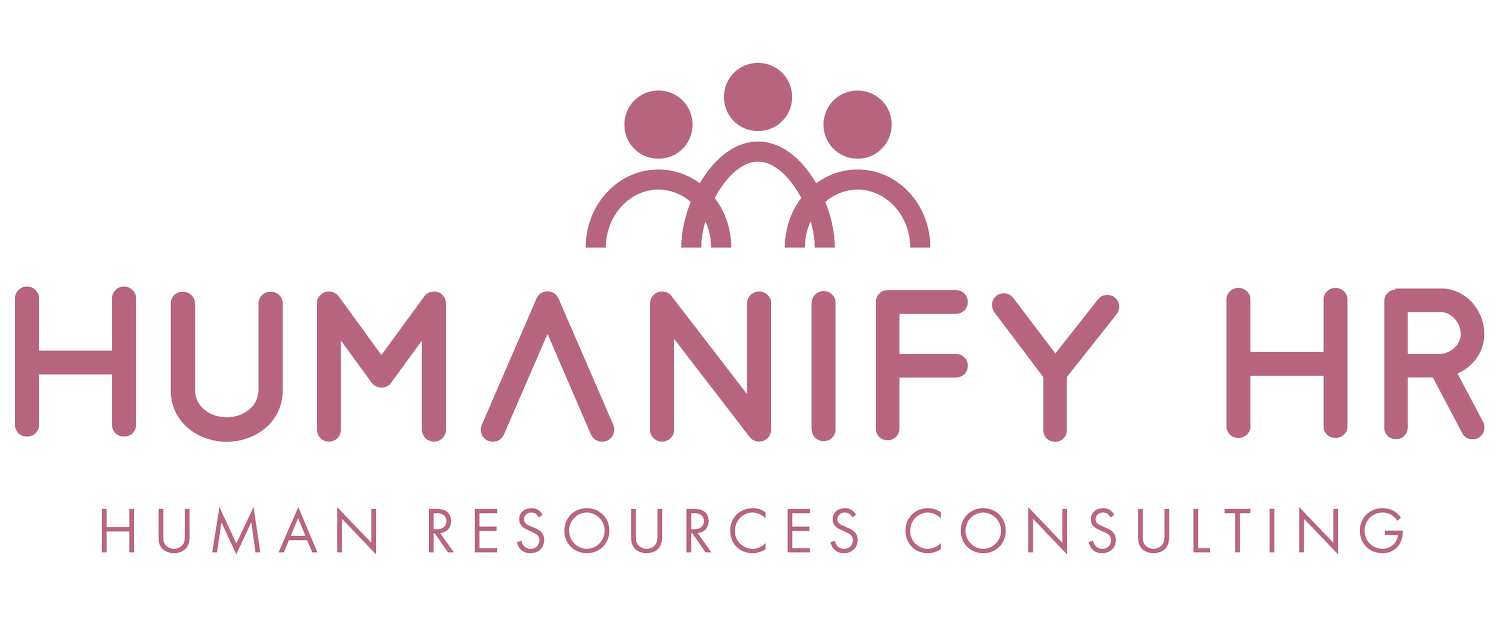UPDATE: FAIR WORK COMMISSION ANNUAL WAGE REVIEW
The Fair Work Commission (FWC) has today delivered the annual wage review, increasing the minimum wage by 5.2% and increasing modern-award minimum wages by 4.2%. This is a significant increase from the last minimum wage review handed down by the FWC that represented a 2.5% increase. What does this mean for employers?
Each year the Fair Work Commission (FWC) hands down an annual wage review that is conducted by an expert panel of the FWC. This review normally takes place between May-June. The FWC has today delivered its annual wage review 2021/2022 decision, increasing the National Minimum Wage by 5.2% from $772.60 per week or $20.33 per hour to $812.60 per week or $21.38 per hour from 1 July 2022. This is an increase of $40.00 per week or $1.05 per hour to the hourly rate.
The FWC decided to increase Modern Award minimum wages by 4.6% subject to a minimum increase for adult award classifications of $40.00 per week. The $40.00 per week increase is based on a 38-hour week for a full-time employee.
The FWC advised that the most significant changes since last year’s annual wage review decision, that saw the FWC hand down a 2.5% increase for comparison, have been the economic pressures of a sharp rise in the cost of living and the strengthening of the overall employment market.
What does the FWC consider in the annual wage review?
In considering the annual wage review, the FWC take into account a number of factors that the Fair Work Act 2009 (Cth) requires the expert panel to consider in reaching a decision. Those factors, being CPI growth, inflation, unemployment rate, persons employed, non-mining growth and WPI growth show significant differences from annual wage review last year. Specifically we can see - in examining the table below that the expert panel of the FWC considered in determining the annual wage review, that from 2020-21 to 2021-22 there have been significant shifts.
What does this mean for employers?
Employers will need to check that the arrangements they have in place for employees covered by Awards, as the FWC decision comes into effect from 1 July 2022. The FWC in making this decision acknowledged that this may result in some business facing 2 minimum wage reviews within a 12 month period. However, this was seen as reasonable by the FWC given those businesses had benefited from the delayed operative date from the decision handed down last year.
The FWC was satisfied there were exceptional circumstances to warrant a delay to the operative date for Modern Awards in the aviation, tourism and hospitality sectors. As such, the variation determinations in the following Modern Awards will operate from 1 October 2022:
Aircraft Cabin Crew Award 2020
Airline Operations – Ground Staff Award 2020
Air Pilots Award 2020
Airport Employees Award 2020
Airservices Australia Enterprise Award 2016
Alpine Resorts Award 2020
Hospitality Industry (General) Award 2020
Marine Tourism and Charter Vessels Award 2020
Registered and Licensed Clubs Award 2020
Restaurant Industry Award 2020
If you have employees engaged under an Enterprise Agreement, please remember they are not exempt from potential changes of this review. It will be important to check that Enterprise Agreement employees are paid above the rates proscribed by the review, as employees engaged to your business in this way cannot fall below the National Minimum Wage.
Need help?
If you require assistance interpreting what this review means for your business, Humanify HR Consulting can assist by providing you with workplace relations advice to navigate these changes. Whether it be an assessment of your current remuneration arrangements against the award, or a review of your employment contracts to ensure compliance with the FWC decision - we are here to help. You can contact us at hello@humanifyhr.com.au for more information about how we can support your business.
A summary of the FWC decision can be found here: Annual Wage Review 2021-22: Summary of decision (fwc.gov.au)
Important Disclaimer: The material contained in this article is provided as general information only. It is not, nor is intended to be legal advice. If you wish to take any action based on the content of this article we recommend that you seek professional advice.


